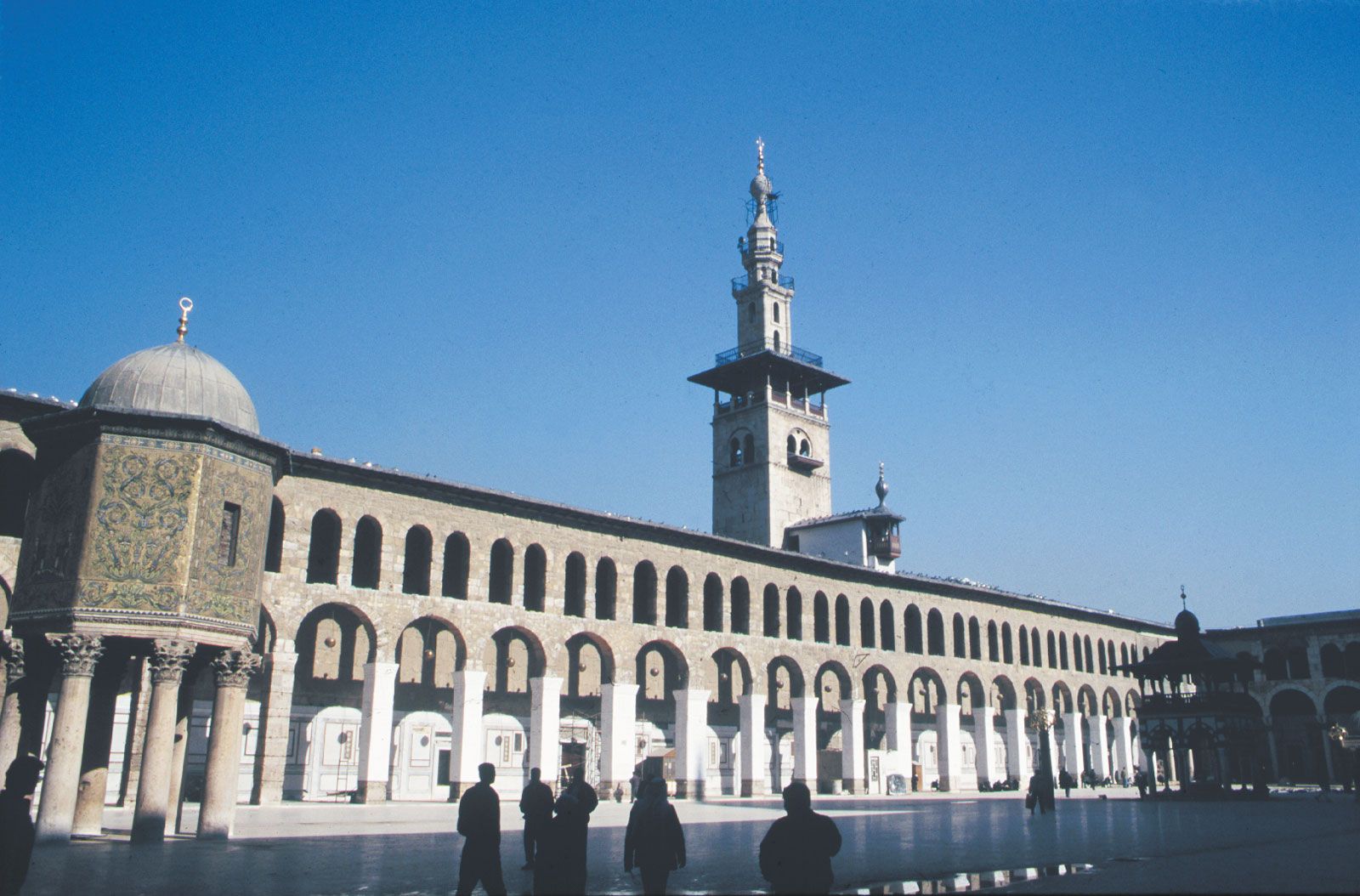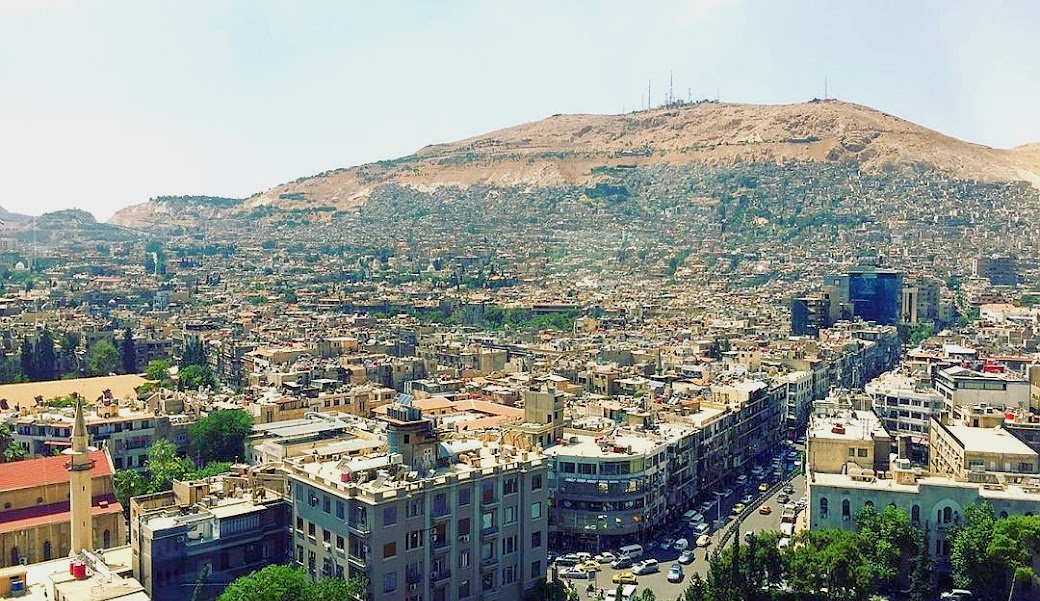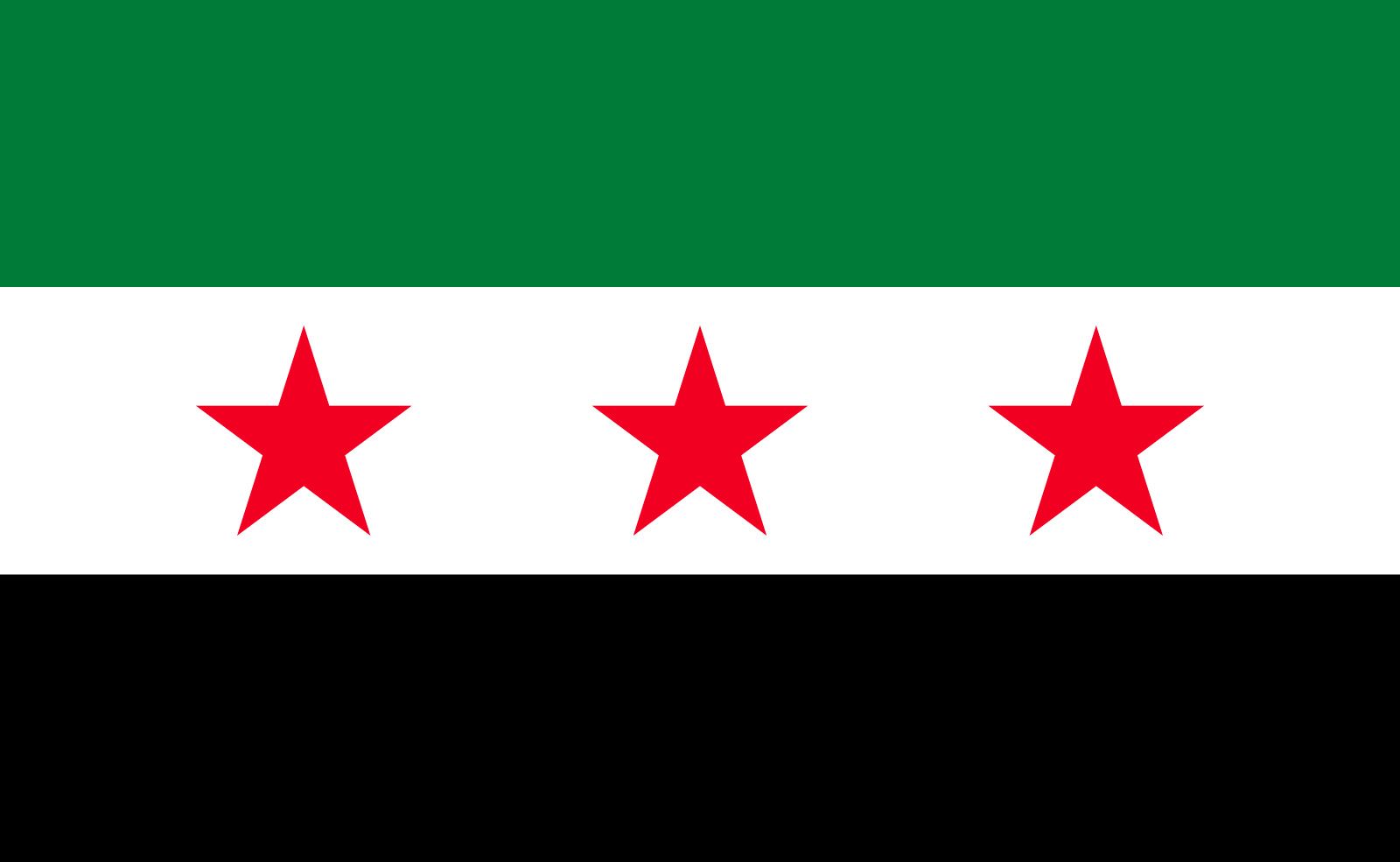Culture of Syria
A rich tapestry of traditions, art, and heritage
Cultural Richness
Syrian culture is a fascinating blend of various influences that have evolved over thousands of years. As a crossroads between East and West, Syria has absorbed elements from Arab, Persian, Turkish, Kurdish, and European cultures, leading to a unique and rich cultural identity.
From the ancient traditions of artisans in the souks of Damascus and Aleppo to refined poetry and music, from colorful folk dances to world-renowned cuisine – Syrian culture reflects the diversity and creativity of its people.
Languages and Literature
🗣️ Linguistic Diversity
Arabic is the official language and is spoken by the majority. The Syrian dialect has its own unique characteristics and is considered by many Arabs to be one of the most beautiful dialects.
Kurdish is spoken by the Kurdish minority, primarily in the northeast.
Aramaic, the language of Jesus, is still spoken in some Christian communities.
Armenian and Circassian are spoken by respective minorities.
📚 Literary Tradition
Syria has a rich literary tradition dating back to antiquity. Modern Syrian literature has made significant contributions to Arabic literature.
Notable authors:
- Nizar Qabbani - Famous poet
- Adonis (Ali Ahmad Said) - Modernist poet
- Hanna Mina - Novelist
- Ghada al-Samman - Feminist writer
Music and Dance
🎵 Traditional Music
Syrian music combines Arab maqam traditions with local influences. Instruments such as the oud, qanun, nay, and darbuka are essential.
The Muwashshah is a classical Syrian musical form that originated in Al-Andalus and developed in Aleppo.
💃 Folk Dances
The Dabke is the most well-known Syrian folk dance, performed in a line with linked arms.
Other traditional dances include the Samah and regional dances such as the Kurdish Halay.
🎤 Modern Music
Syria has produced famous singers such as Fairuz (Lebanese-Syrian), Sabah Fakhri, and Lena Chamamyan.
The city of Aleppo is known for its musical heritage and is often called the "musical capital" of the Arab world.
Traditional Crafts
🏺 Damascene Steel
Damascus is world-renowned for its steelwork. Damascene steel was famous for its quality and was used for swords and knives. Although the original technique has been lost, the tradition continues in modern crafts.
🪵 Wood Inlay (Marquetry)
Syrian artisans are masters in inlaying wood with mother-of-pearl, ivory, and various types of wood. This technique is used for furniture, boxes, and decorative objects.
🧵 Textiles and Embroidery
Traditional Syrian embroidery is known for its intricate patterns and vibrant colors. Aleppo was historically an important center for silk production.
🧼 Aleppo Soap
The famous Aleppo soap, made from olive oil and laurel oil, has been produced for over 1000 years using traditional methods.
Architecture

Islamic Architecture
The Umayyad Mosque in Damascus is a masterpiece of early Islamic architecture. The mosque combines Byzantine and Islamic elements and features beautiful mosaics.
Other examples include the Great Mosque of Aleppo and numerous madrasas (religious schools) throughout the country.

Traditional Houses
Traditional Syrian houses are built around a central courtyard with a fountain. This architecture provides privacy and cooling in the warm climate.
Features include mashrabiya (wooden screens), iwan (vaulted niches), and beautiful tile mosaics.
Culinary Culture
Syrian cuisine is considered one of the richest and most diverse in the Middle East. It combines influences from Levantine, Turkish, and Persian cuisines.
🥙 Main Dishes
- 🍖 Kebab - Grilled meat in many variations
- 🍲 Mansaf - Lamb with yogurt sauce
- 🥘 Maqluba - Rice dish with meat and vegetables
- 🌯 Shawarma - Roasted meat in bread
🥗 Mezze and Appetizers
- 🧄 Hummus - Chickpea spread
- 🍆 Baba Ganoush - Eggplant spread
- 🥬 Tabbouleh - Parsley salad
- 🫒 Fattoush - Mixed salad with bread
🍰 Desserts
- 🥜 Baklava - Phyllo pastry with nuts
- 🍮 Muhallabia - Milk pudding
- 🧁 Ma'amoul - Filled cookies
- 🍯 Halva - Sesame confectionery
☕ Beverages and Social Rituals
Tea is the national drink and is consumed throughout the day. Arabic coffee is served on special occasions.
Sharing meals is an important social ritual. Hospitality is a core value, and guests are always extensively welcomed with food and drink.
Religious Diversity
🕌 Islam
The majority of Syrians are Muslim, divided into various branches:
- Sunnis (74%) - The largest group
- Alawites (12%) - A Shiite branch
- Druze (3%) - A unique religious community
- Ismailis - A small Shiite community
✝️ Christianity
Christians constitute approximately 10% of the population and belong to various churches:
- Greek Orthodox - The largest Christian group
- Armenian Apostolic
- Syriac Orthodox
- Maronite Churches
- Catholic Churches
🤝 Religious Tolerance
Historically, Syria has a tradition of religious tolerance. Various religious communities have coexisted peacefully for centuries, each with their own traditions, festivals, and sacred places.
Important religious sites include the Umayyad Mosque (where John the Baptist is believed to be buried), the Mar Musa monastery, and the Damascus synagogue.
Festivals and Traditions
🌙 Islamic Festivals
- 🎉 Eid al-Fitr - End of Ramadan
- 🐑 Eid al-Adha - Feast of Sacrifice
- 🌟 Mawlid - Prophet's Birthday
- 🌙 Ramadan - Month of fasting
✝️ Christian Festivals
- 🎄 Christmas - December 25
- 🐣 Easter - According to various calendars
- 💧 Epiphany - Three Kings' Day
- ✨ Local saint days
🎭 Cultural Events
- 🎵 Damascus Festival - Music and art
- 🎬 Film Festivals - International cinema
- 📚 Book Fairs - Literary events
- 🎨 Craft Fairs - Traditional arts
Modern Cultural Expressions
🎬 Film and Theater
Syria has a vibrant film and theater tradition. Damascus and Aleppo have historical theaters and cinemas. Syrian films and TV series are popular throughout the Arab world.
Notable directors include Mohammad Malas and Ossama Mohammed.
🎨 Visual Arts
Modern Syrian artists combine traditional techniques with contemporary themes. Galleries in Damascus and Aleppo showcase works by local and international artists.
Notable artists include Fateh Moudarres and Marwan Kassab-Bachi.
Preservation of Cultural Heritage
🏛️ Museums and Cultural Institutions
Syria has several important museums that preserve its cultural heritage:
- National Museum of Damascus - Archaeological treasures
- Museum of Aleppo - Local history and culture
- Azem Palace - Ottoman architecture and art
- Traditional houses - Converted into cultural centers
These institutions play a crucial role in preserving and transmitting the rich Syrian culture to future generations.
 Syria
Syria